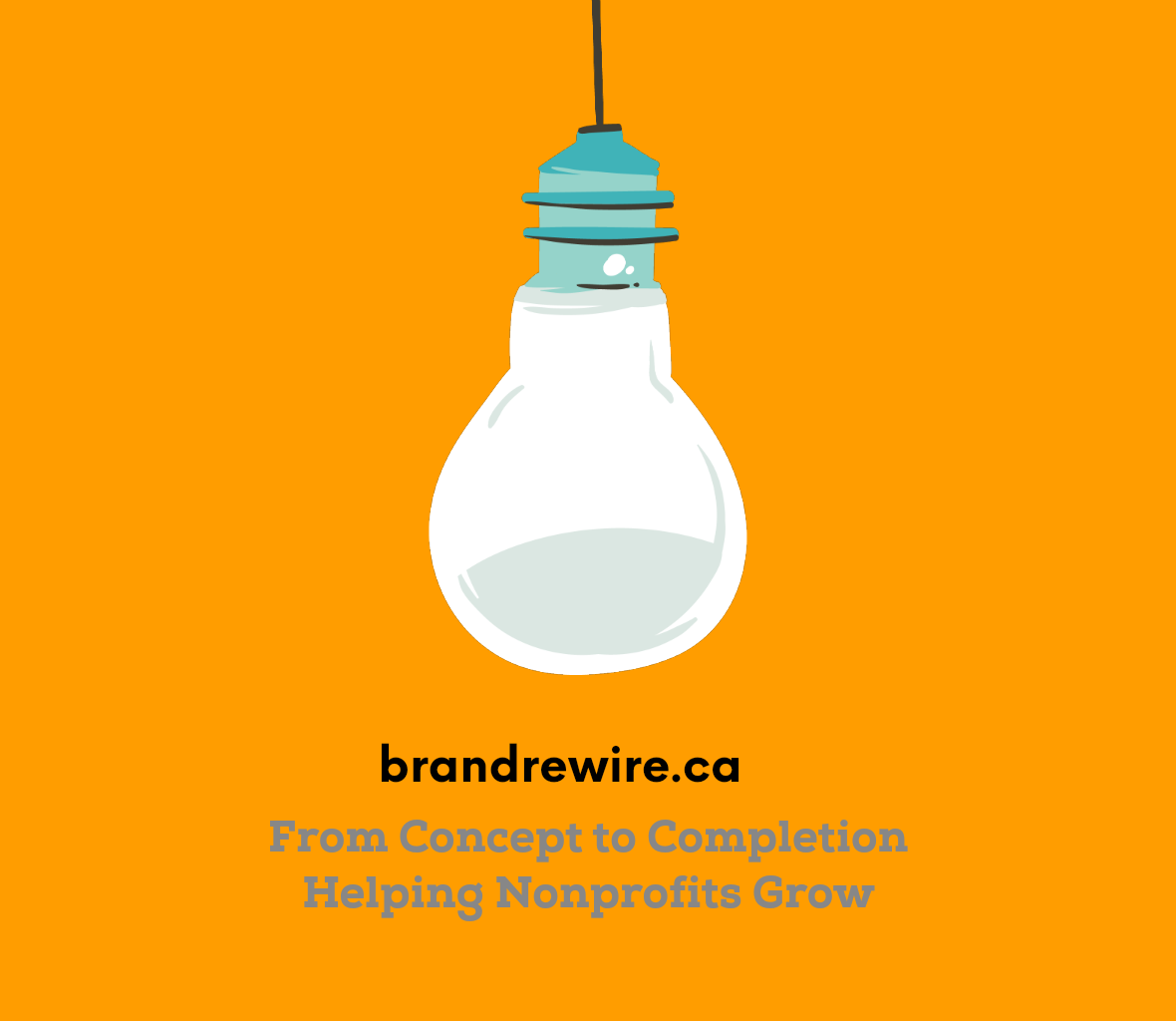This year many organizations provided resources and training to staff and volunteers that focused on increasing awareness of systemic racism and how individual behaviours and attitudes can lead to unintended and often unconscious consequences. So much of our work in the non-profit sector is aimed at creating equitable opportunities and outcomes for people across Canada. We want to thank everyone who shared their recommendations for learning and we are happy to share some of the courses, videos and readings our team has found informative and helpful as we strengthen our knowledge of anti-racism practices.
What does D.E.I refer to?
Diversity
There are many kinds of diversity, for example, race, gender, sexual orientation, class, age, education, religion, geography, and physical or cognitive abilities. Valuing diversity means we embrace, respect, accept and value differences.
Equity
Equity means fairness and focuses on outcomes that are the most appropriate for a given group, recognizing different challenges, needs, and histories. It does not mean equality, or the same treatment, which does not take differing needs or disparate outcomes into account.
Inclusion
Inclusion means being included in a group or structure. Inclusion involves authentic and empowered participation, with a true sense of belonging and full access to opportunities. Creating an environment that values and respects individuals for their talents, skills and abilities to the benefit of the collective.
- Video – Equality vs Equity, by Beyer High (2020)
Racism – Challenging the Way We Think
There are a number of different types of racism, including:
- individual
- institutional and systemic
- cultural and ideological
- ethnic
Some of the resources below discuss anti-Indigenous racism, anti-Black racism, and anti-Asian racism.
- Video – How to be an anti-racist, The Aspen Institute, USA (2019)
- Ted Talk – The Lie That Invented Racism, by John Biewen
- Video – Deconstructing White Privilege, by Dr. Robin DiAngelo (Feb. 2017)
- Video – Challenges Around Unsonscious Bias, by Maydianne Andrade (Oct. 2018)
- www.nonprofitready.org (USA) has a great selection of micro-learning courses for free for non-profit professionals. This includes a selection of courses on Diversity and Inclusion and below we’ve provided an example of the content for the course on “Address your Unconscious Bias”.
Course Overview:
- What Does It Mean to Address Bias? (3 min)
- Overcome Your Unconscious Bias (2 min)
- How do I Identify My Biases? (3 min)
- How do I Examine My Own Bias? (4 min)
- What does It Take to Change Our Brains? (3 min)
- What does It Take to Change Our Actions? (3 min)
- Avoid the Pitfalls of Diversity Efforts (4 min)
- Key Triggers to Search for Unconscious Bias (4 min)
- How do I Keep Bias from Influencing My Work? (3 min)
- Take the Next Step (3 min)
Book – White Fragility: Why It’s So Hard for White People to Talk About Racism, by Author Robin DiAngelo
- Video below – How “White Fragility” reinforces racism, by The Guardian (2020)
Experiencing racism and microaggressions can have serious health implications. The videos that follow also provide both examples and advice.
- Video – Microagressions, Anti-Racist Cumbria (2021)
- Video – How to be an ally, Ottawa Public Health (2021)
- Video – Intent vs Impact, by Rosa Lee Timm (2020)
- Book – In the book Intersectionality, authors Patricia Hill Collins and Sirma Bilge (2020) emphasize how intersectionality has evolved in its use, becoming an analytical tool to assess the intersecting identities of many different social identity groups.
- Ted Talk – Kimberlé Crenshaw explains Intersectionality (May 2017)
Canada has a longstanding history of colonization towards Indigenous communities and Indigenous knowledge, and this e-course is excellent.
- The 4 Seasons of Reconciliation Course, by First Nations University of Canada
https://www.reconciliationeducation-course.ca/
- Video – This is what anti-Asian racism looks like in Canada, CBC (2020)
How can we help create change?
How might we work together to create the space for honest discussions about race and inform our anti-racism practice? We loved the United Nations site that asks individuals to
- Check your assumptions.
- Confront your internalized bias.
- Open your mind and heart to the humanity in all humans.
https://www.un.org/en/fight-racism/test-yourself/what-do-you-see
Having conversations about race, racism, and anti-racism practices can be difficult as we learn about and unpack the complexity of racism and the harms that have been done to Indigenous, Black, Asian and other racialized peoples. We hope you will join us on a journey of self-reflection and engagement with the topic and look forward to many more conversations. We will also continue to update your recommended resources in the appendix below.
We are hopeful that this knowledge will support your continual growth and enthusiasm in partaking and promoting anti-racism practices.
- Video – What is performative allyship?, by Seventeen (2017)
- Ted Talk – The Myth of bringing your full, authentic self to work, by Jodi-Ann Burey
Additional Resources:
- Powerpoint Download
A Guide to Leading Conversations on Systemic Racism and Racial Discrimination Powerpoint, by Canada School of Public Service https://learn-apprendre.ca/course/view.php?id=282
- Jack.org
https://jack.org/antiracismresources
- Public Service Alliance of Canada
https://psacunion.ca/anti-racism-resources
- Government of Canada
- Canadian Centre for Diversity and Inclusion (CCDI)
- A.O.D.A Accessibility for Ontarian’s with Disabilities Act Training – Module 2 Information and Communication Standards / Module 4 Customer Service Standards
- Anti-Asian Racism Education Resources:
https://www.canada.ca/en/canadian-heritage/campaigns/asian-heritage-month/anti-asian-racism.html
- Federal Anti-Racism Secretariat
https://www.canada.ca/en/canadian-heritage/campaigns/federal-anti-racism-secretariat.html
- Toronto Public Library
Inclusion Week Oct. 2022 covers topics from demogracy, racism and digital inclusion https://www.torontopubliclibrary.ca/programs-and-classes/featured/digital-literacy-day.jsp
